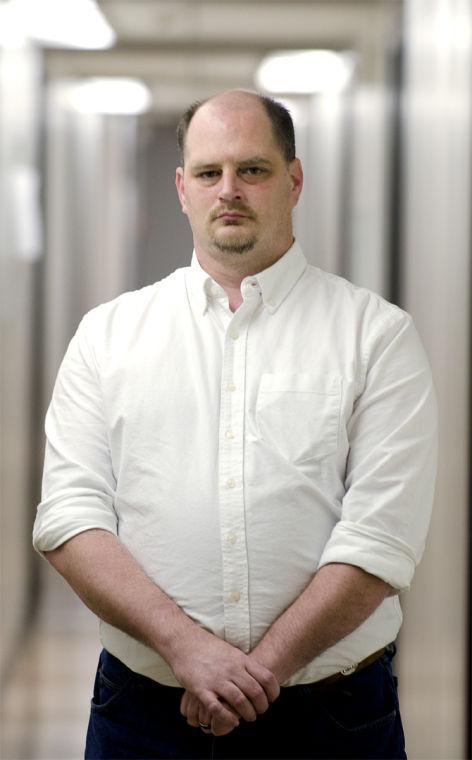While working for the East Baton Rouge Sheriff’s Office in 2010, congressional candidate and University Ph.D. student Norman Clark received a call concerning a mentally handicapped 13-year-old girl who had wandered away from her summer camp in Central, La.
When Clark and his partner eventually located the girl swimming in a creek at 2 a.m., Clark said he was able to talk her out of the water, but get her up the embankment to the other deputies waiting, Clark had to pick the girl up over his shoulders. He sustained two herniated disks during this episode.
“I’m not going to complain about that neck injury because it saved a life, which, for anybody in law enforcement, is the reason you go in there,” Clark said.
Clark, who had herniated another disk in his neck while in the Navy in the 1990s, went to the United States Department of Veterans Affairs to have his injuries checked in hopes to get compensation for the herniated disks. Clark said the doctor who performed the exam diagnosed him with bursitis — not herniated disks — and his case was dismissed without compensation.
Though Clark served five and a half years in the military and assisted in several naval counter-narcotics operations, it took him three years to get an appeal hearing with the VA.
Clark said his main objective for Congress is to do a program evaluation of the VA and “get rid of the people who are not working.”
“I’ve often been told that if you don’t like the way something is going on, find a way to change it,” Clark said. “I don’t like the way the government is treating the average man on the streets, and I hate the way our government is treating veterans right now. Those are the things I want to change.”
Clark said he believes Congress too often makes legislation that hurts the middle and lower classes because members of Congress often don’t have working-class experience.
“I know what it’s like to stretch $100 till payday,” Clark said. “Many of our previous legislators do not have that.”
Clark is the only current student in the race, and he is working for a Ph.D. in political science at the University.
He said he thinks his studies give him a different perspective on the status of higher education, and said he thinks America, in general, has a problem with students not being able to pay back student loans.
Clark said the answer to this problem is job creation, which he said could be accomplished through the approval of the Keystone pipeline, as well as through the approval of more natural resource drilling on federal lands.
Clark also said that, if elected, he would like to work with state legislators and the governor’s office in getting the University more grants from the federal government.
Though Clark said he would identify himself on the whole as a Republican, he acknowledged some of his views adhere to more libertarian ideals.
Clark favors civil unions for gay and lesbian couples with the same rights granted to heterosexual marriages, and he said he is open to the legalization of marijuana.
Clark, who served on the police force for 13 years, said the United States does not need more gun laws, and he instead advocates for “assistance at some levels from federal agencies with what we’re prosecuting locally.”
“I spent 13 years as a law enforcement officer. I’m not going to lie to you.”
Clark focuses on ‘average man’ in 6th District race
By Quint Forgey
February 10, 2014
Clark stands outside of his office in Stubbs Hall at LSU before an interview.
More to Discover








